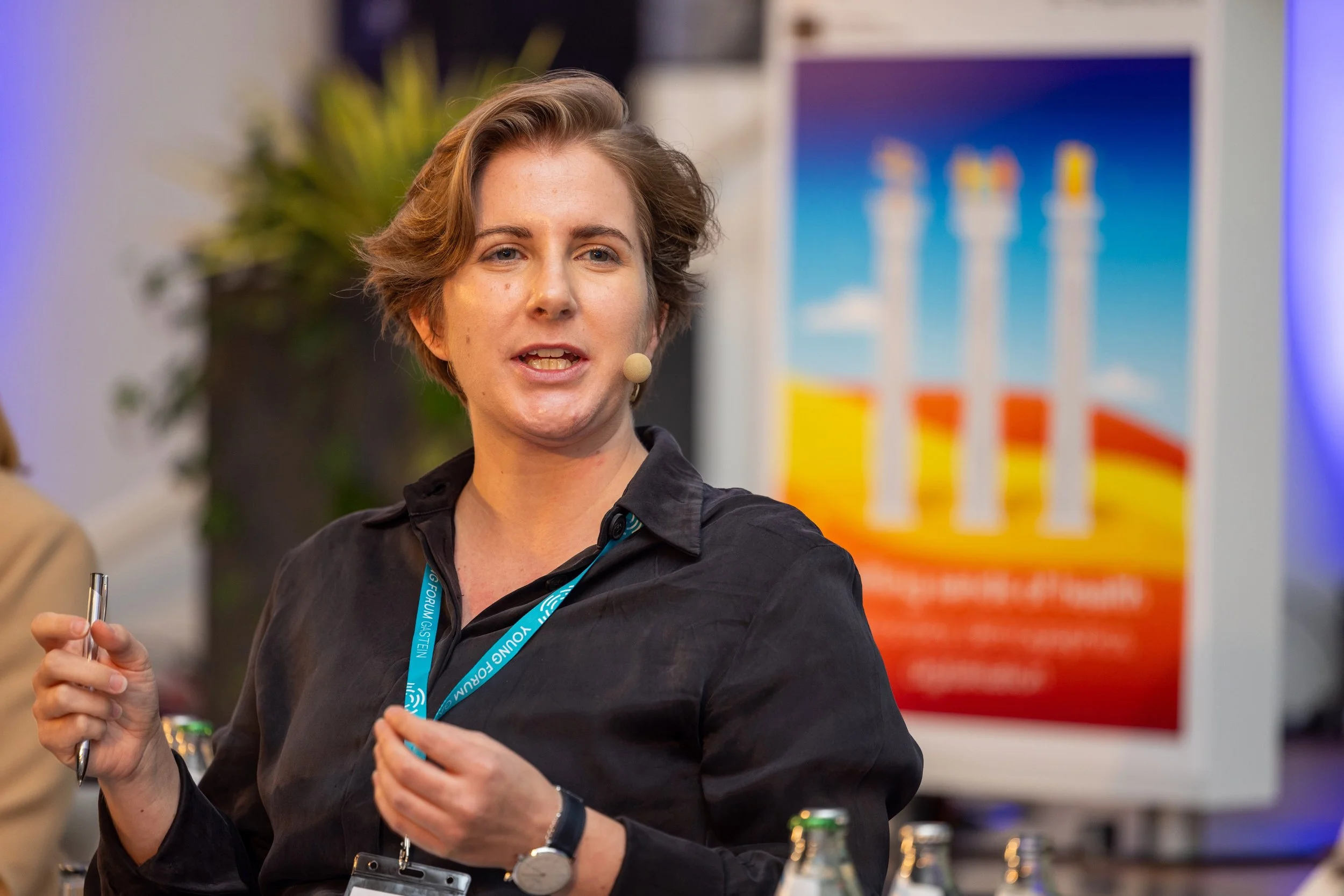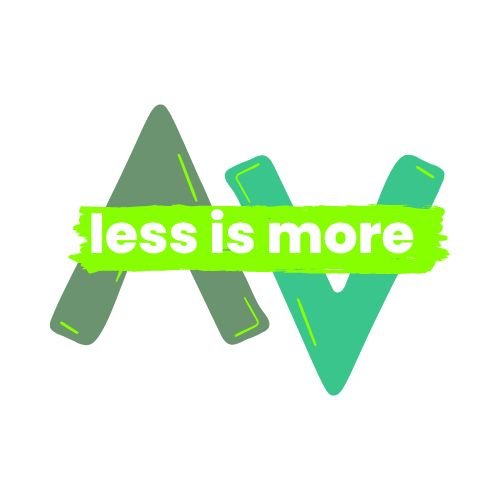
“To create better and more responsive health systems, we need to first understand social inequalities and the unequal distribution of health and sickness in society.”
Photo Credit: © framez
Current Projects
Less is More?
2023-2026: A PROJECT EXPLORING THE USE OF ANTIBIOTICS & BENZODIAZEPINES
Funded by the Vienna Science and Technology Fund (WWTF), our project uses antibiotics and benzodiazepines as similar-but-contrasting cases and an integrated anthropology-public health approach to investigate their prescription, circulation, and use. Our aim is to develop an ethnographically grounded, expert-validated policy blueprint with an implementation model for de-prescribing the medications – where it is necessary and advisable, and where it is not – at the macro (policy), meso (institutions), and micro (provider/patient) level to explore as-yet invisible social arenas, close the data gap, and mitigate unwanted side-effects.
Existing policies focus on guidelines for providers and indirect user regulation. Yet, little is known about provider and user experience or circulation pathways – pharmaceuticals’ “cultural efficacy” – which could inform a more context-sensitive, evidence-based policy approach.
The project collects quantitative and qualitative data on pharmaceutical prescription, circulation, use, and develops workable models, regulations, and guidelines for evaluating and using pharmaceuticals with a stakeholder-driven co-creation approach.
HPVienna
2025-2027: Pioneering a Transdisciplinary Urban Surveillance System for Human Papilloma Virus with Vulnerable Communities
In 2023, Austria extended its national vaccination program for Human Papillomavirus (HPV), joining WHO’s call to eliminate cervical cancer and expanding its goals with a gender-neutral policy. Yet, the lack of any HPV surveillance system poses severe challenges in assessing the impact of vaccination, the evolutionary consequences on circulating HPV genotypes, and the basic sociality of HPV within dense urban environments. This project proposes a novel transdisciplinary approach which integrates sequencing-based genomic epidemiology, mixed-method social science and public health research, and agent-based modeling to tackle these interconnected challenges. We will map viral population dynamics onto urban social dynamics, unveiling transmission networks and contributing to prevention of HPV-linked cancers. Partnering with the NGO and clinic Ambermed that supports patients without health insurance in Austria, volunteer HPV swabbing will be enhanced through social participatory methods, and complemented by a novel pipeline to detect population-wide circulating HPV genotypes from wastewater to test the risk of high-impact variants and indirect effects of vaccination. All novel and complementary evidence will be synthesized to yield a transmission model for the whole Viennese population, intervention scenarios, and a policy blueprint with recommendations and tailored measures. Our pioneering approach tackles existing socioeconomic inequalities and gender disparities with an additional focus on boys and men. This transdisciplinary strategy pushes the boundaries of OneHealth in practice, with the potential of serving as a prototype for effective prevention and multi-system surveillance of infectious diseases in the urban environment more generally.
LISTEN-IN
2025-2027: Lifeworld-Oriented and systemic Empowerment for people who experience homelessness and live with cancer
Lebenswelt-orientiertes und Systemisches Empowerment für obdach-, wohnungslose und prekär wohnende Menschen mit Krebserkrankung: Unsere Mission ist es, soziale Ungleichheiten in der Krebsversorgung zu verbessern, indem wir die Sicht von obdach-, wohnungslosen und prekär wohnenden Menschen mit Krebskrankheitserfahrungen und ihren Unterstützungssystemen mittels PhotoVoice erfassen und ihnen eine Stimme geben. Wir fördern eine gerechte, personenzentrierte Versorgung für mehrfach benachteiligte Menschen mit Krebskrankheitserfahrungen durch partizipative Methoden und stärken das gesellschaftliche Bewusstsein für die Herausforderungen, mit denen sie leben.
Community Projects
Sex Work & Health in Austria
Together with the Community Health Lab at the Medical University of Vienna and social organizations in Vienna, we are pursuing a self-funded project around health needs, governance and understandings of health in the context of sex work in Vienna, Austria.
Past Projects
Digital Health Information (2024)
ExplorinG possibilities for ensuring better-quality health information in the digital space for All.
A collaborative research project between the Medical University of Vienna and the Austrian Public Health Institute (Gesundheit Österreich GmbH, GÖG). More information
The Liminal Cure (2023)
Living with Hepatitis C, its Treatment, and the Welfare State in Austria
For my dissertation project at the Department of Science & Technology Studies at Cornell University, I used the case study of Hepatitis C and its novel cure, direct-acting antivirals (DAAs), as a lens through which to challenge the idea that cure and health are matters related in direct and uncomplicated ways. I leveraged two-years of ethnographic engagement in Vienna, Austria, during a transitional moment in the history of Hepatitis C, when a cure for this intractable viral infectious liver disease was introduced, to understand how the cure was governed and implemented, how it traveled between care institutions and their clients, and how it was embodied, lived, and experienced in the everyday. I wove together analyses of the biopolitics of governing life in the welfare state and the translation of the science of the virus into public health policy with phenomenological accounts of how care extended through state and non-state institutions and how people experience the disease, becoming healthy, and the underlying moral economy of a European welfare state. The cure for Hepatitis C, and curative modes of health-making more generally, emerged therein as always-already liminal: intermediate and generative, but not all-encompassing and absolute. I asked what kind of care and what forms of health do or do not become available with cure, what the role of the welfare state was (and could be) in mediating the relationship of individuals to the bio-pharmaceutical industrial complex, and finally, how (more) livable futures and good forms of health might be crafted in the Anthropocene.
Cancerless (2021)
Cancer prevention and early detection among the homeless population in Europe: Co-adapting and implementing the Health Navigator Model
European Union Horizon 2020 Programme (GA 965351). Cancer is one the leading causes of death in Europe in the general population with reports noting the cancer-related mortality twice as high in the homeless population. Reasons for this excess are linked to risky health behaviors as well as significant barriers experienced by homeless people when trying to access the often highly fragmented health care systems.
CANCERLESS’ vision is to prevent cancer and allow for early diagnoses in the homeless population by delivering person-centered interventions to overcome health inequalities and facilitating timely access to quality cancer prevention and screening services for homeless people and leaving no one behind in Europe. The project aims to deliver evidence-based person-centered health care services to overcome health inequalities and facilitate timely access for the homeless to quality cancer prevention and screening services.
Social Prescribing I & II (2021-2022)
As part of AmberMed, I worked on the implementation of two projects on “social prescribing,” at the center of which was the development of an even closer connection between medicine and social work at the organization. As a connective link, the project established the role of “link workers” which would help clients/patients identify organizations that were “health promoting,” but not strictly medical, and connects clients/patients to this larger landscape of partner organizations and health system stakeholders. The project thereby also enabled more effective networking among organizations in the larger healthcare field in Vienna. The project was funded by the Austrian National Institute for Public Health (GÖG).
SoNAR-Global (2019-2021)
A Global Social Sciences Network for Infectious Threats and Antimicrobial Resistance
European Union Horizon 2020 Programme (GA 825671). All Sonar-Global partners work in the field of “infectious threats”. Our scope of action includes preparedness and response to epidemics, vaccine hesitancy, and the prevention of antimicrobial resistance. As social scientists, we recognize that efforts to tackle these threats may be ineffective if complex social, political, economic and ecological contexts are not addressed. The Sonar-Global platform provides opportunities for social scientists to work together and to build bridges. Through this platform, we create a critical mass of social scientists with whom we can share experiences, tools, models and curricula. We also foster closer collaborations with experts from other disciplines.
Other Projects
Outcome Evaluation for Active Living Interventions for Older Adults
Qualitative short-term research project on lived experiences of older adults with active living interventions at the Medical University of Vienna, Center for Public Health
“MELD in context: Organ Allocation Waiting Lists and the Prioritization of Livers and Lives”
Close analysis of expert discourse on the (e)valuation and ranking mechanisms in health, specifically on the introduction of the MELD score for allocating livers on solid-organ waiting lists in the United States. I discuss how the parameters of evaluating donor ranks shift towards algorithmic reasoning, divorced from socio-political context.
“Tracing Identities through Time: Assisted Reproduction, Narratives of Time and Women’s Biographical Work”
Qualitative research project involving interviews, document, and policy analysis around women's biographical experiences with assisted reproductive treatment in Austria. I analyzed how the temporal frames of Austria’s legal understanding of “natural” human reproduction, the bureaucracy of the welfare state, and the practical affordances of fertility treatment shape women’s self-understanding as faulty and wasteful - Master’s Thesis at the Department of Science-Technology-Society at the University of Vienna (see also Publications)
School Social Work in Austria
Three-year process evaluation of projects implementing social and outreach work at schools in Austria involving quantitative surveys, document analysis, and focus groups at the Ludwig Boltzmann Institute for Health Promotion Research (see also Publications)






